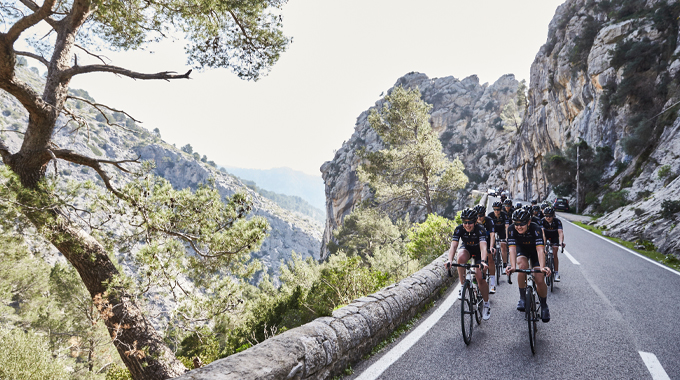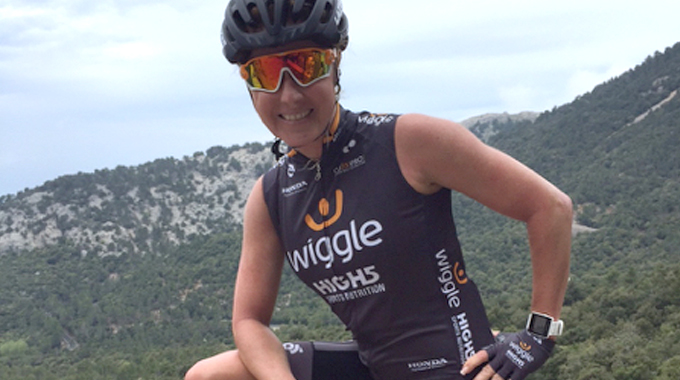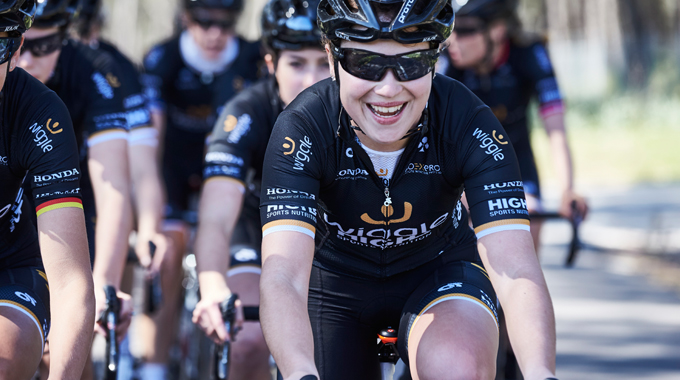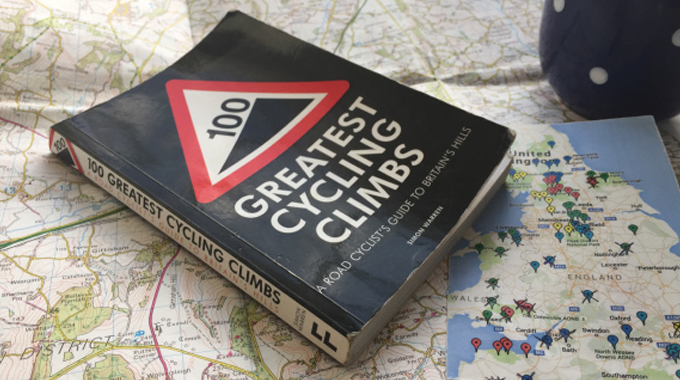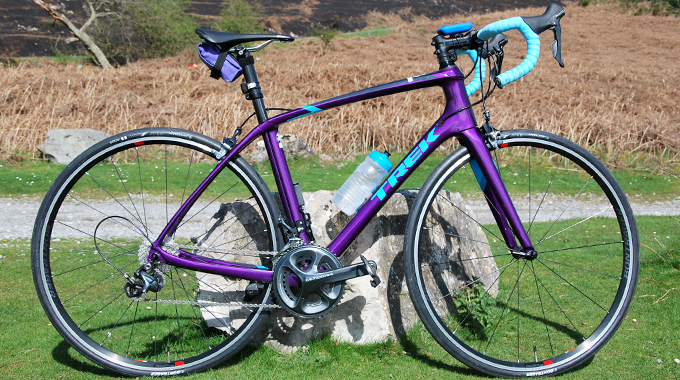Words by: Maria David
Rochelle Gilmore has been the General Manager of the Wiggle High5 Professional Cycling Team since its inception in 2013 (then known as Wiggle Honda). Not only is she involved in team management of one of the leading women’s cycle racing teams, she is also a sports broadcaster and a Commonwealth Road Race Champion. With all Rochelle’s years of experience in cycle racing, we were keen to hear her views on conditions for women’s racing, as well as finding out the key to success for Wiggle High5.
Sitting in the Spring sunshine by the pool at the training camp hotel near Alcudia, Mallorca, Rochelle Gilmore is enjoying a rare moment when she is not running around dealing with her cycling interests. Life is very busy these days, but her tasks are made easier when she finds herself in her new favourite place.
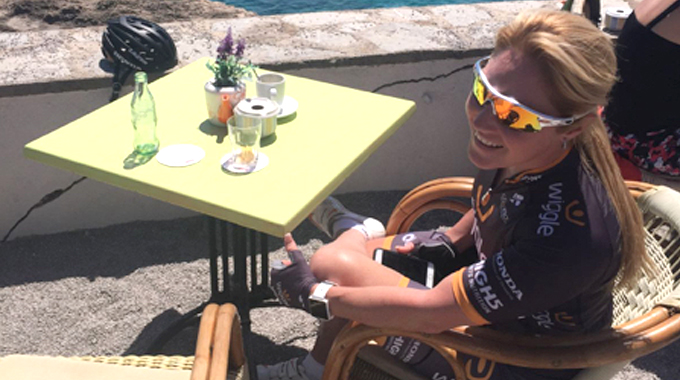
Team Wiggle High5 have enjoyed a lot of success in its four-year existence, from the success of Laura Trott at the Ride London classic during the first year of the team’s existence to Lucy Garner placing 2nd at the Tour de Yorkshire last year. Rochelle sees the key to the team’s success as maintaining a decent quality of life for the riders and making sure that rider well-being is at the top of the agenda.
Rochelle explains: “We have a kind of atmosphere where the quality of life is the priority so we don’t want any unhappy athletes or any unhappy staff. You can’t expect riders to get results if they are unhappy. We really look after recovery and the personal interests of the riders. One unique thing about this team is that riders all have some buy-in in the decisions, and the riders really feel like they are important to the team.
“Also, all the athletes are really good friends. They have chosen the riders that they like to be around. We make it a priority that everyone is happy with the composition of the team and the personalities we have, and everybody really has each other’s back. That’s one of our mottos within our team, that we have our staff and our team-mates’ back all the time.”

